As a teacher, you’ve already started your trip and are only a tour guide for trip that your students are embarking upon.
You’ve picked your destination. Grant your students some autonomy by allowing them to pick their own destination.
Remember, you’re driving the tour bus – so you control the route they will take 7.5 hours a day.
You plan the itinerary with your long and short range lesson planning.
Keep a balance in your lessons between what your young travelers want, enjoy, and pursue with the basic skills and knowledge you know will help them arrive at their current destination.
There will be bumps in the road – and you know where many of them are from your own personal journeys.
Just like any traveler, your students might get tired, frustrated, and uncomfortable along the way – primarily because they have never experienced what is up ahead on the road.
You’ve traveled the musical road.
Don’t let them over pack. You only have so much time to travel and loading every bit of musical knowledge you possess into their suitcase will make for a labor-intensive trip for them. Esoteric knowledge and deeper theoretical understandings can wait for another day. Focus on what will make music today and the near future.
Have them bring the essentials.
Give your kids the opportunity to take an occasional break, relax, while still reminding them of the exciting sights and scenes waiting for them around the next corner.
And take pictures along the way and revisit the memories. Sing old songs, do activities that they’ve enjoyed doing a million times but still want to do them “one more time”.
And remember, as the tour guide, you are expected to do all of this with a smile on your face.
Have fun.
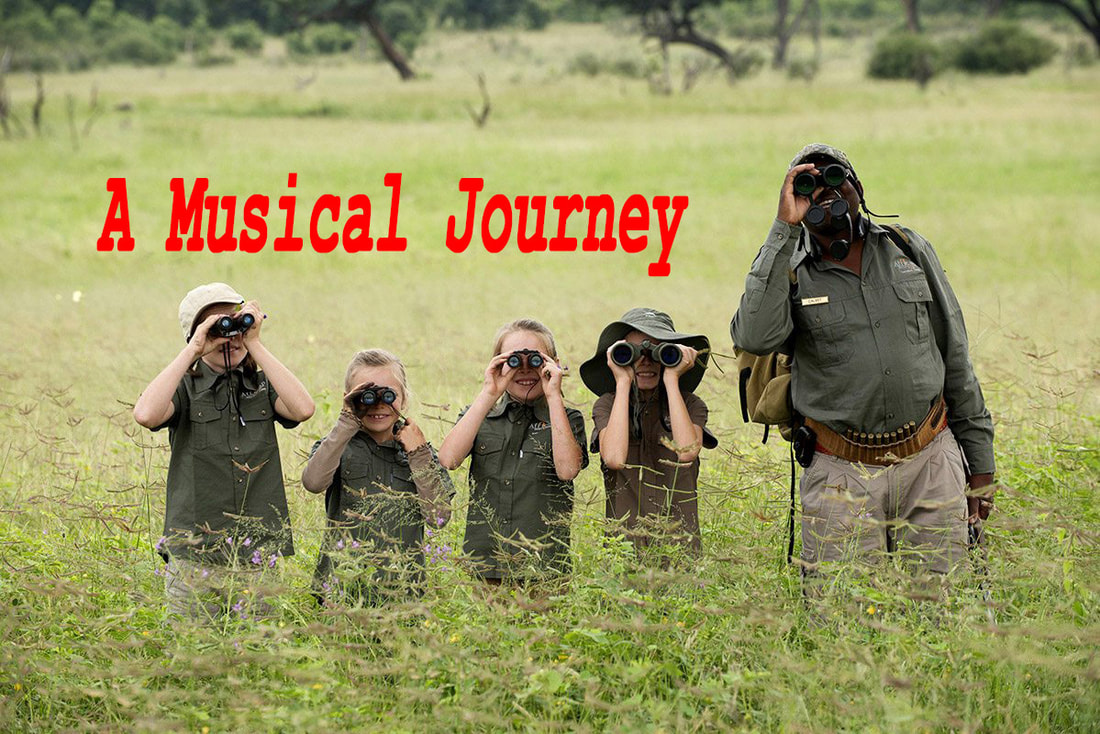
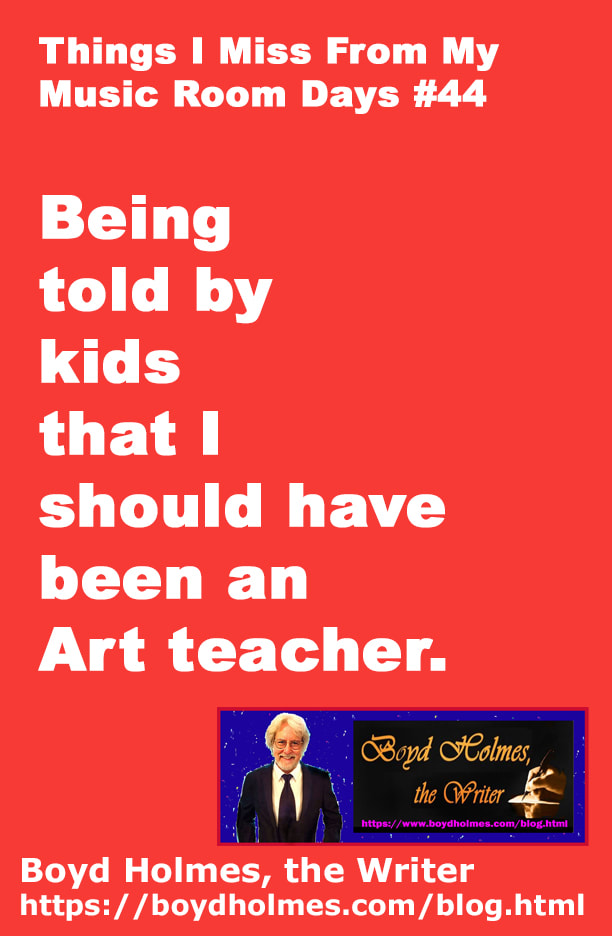
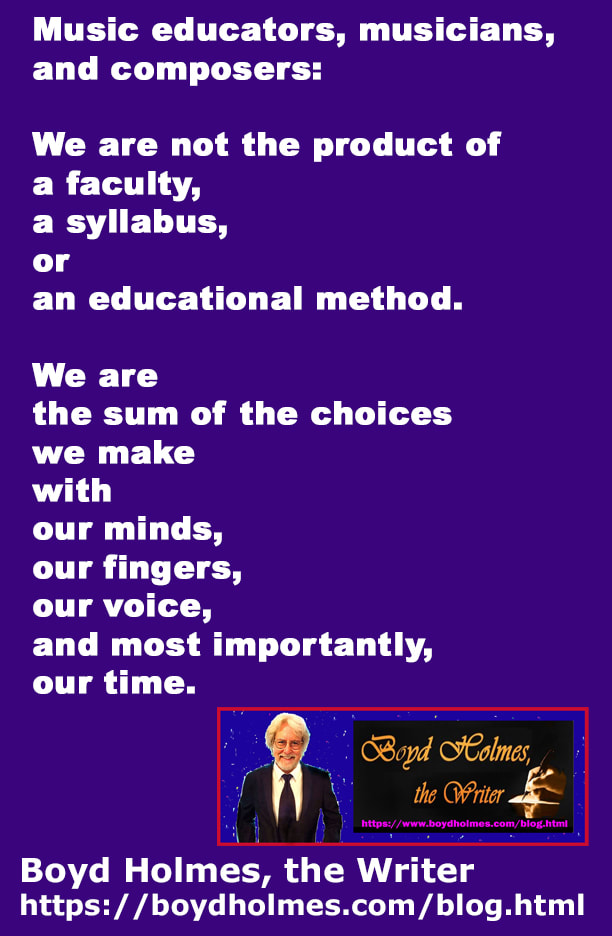
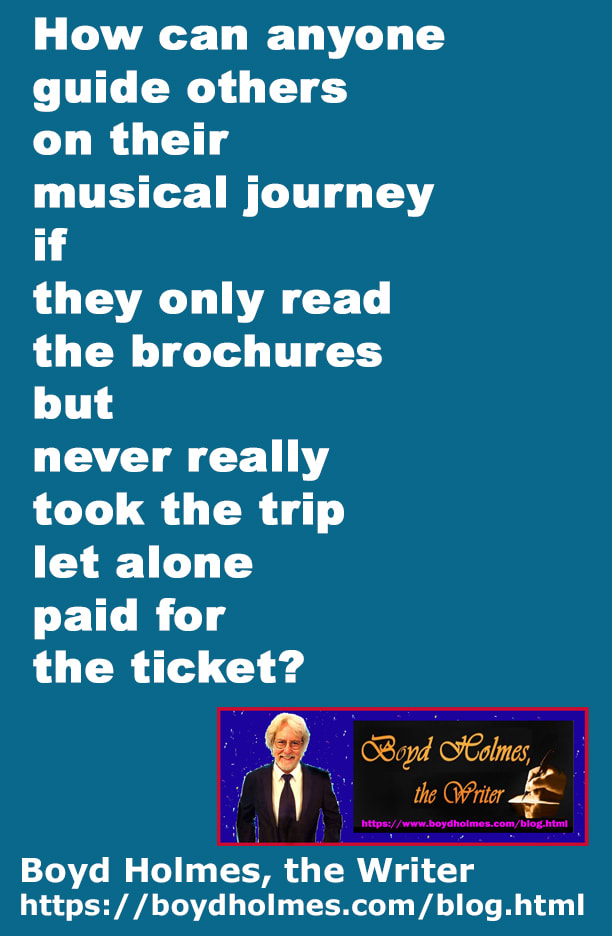
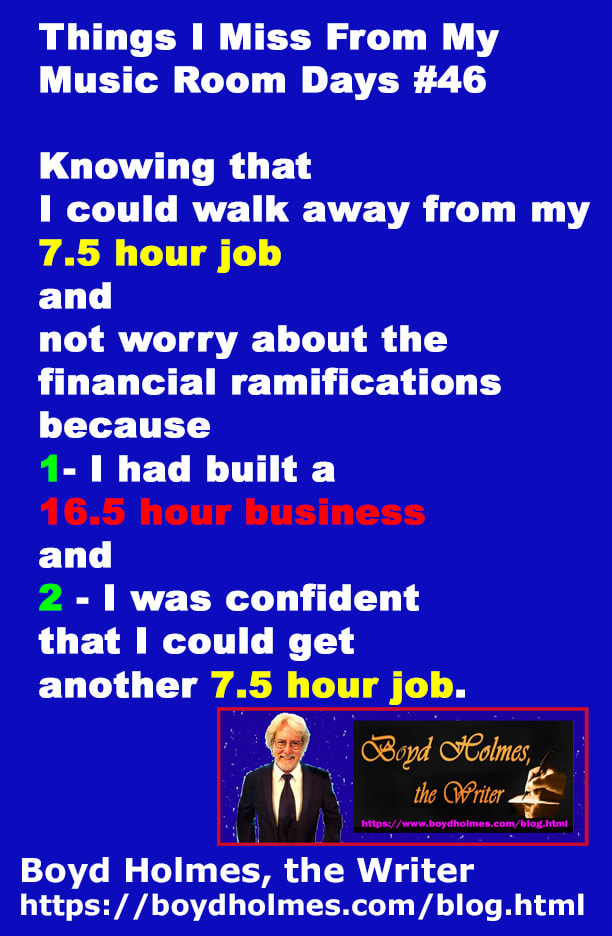
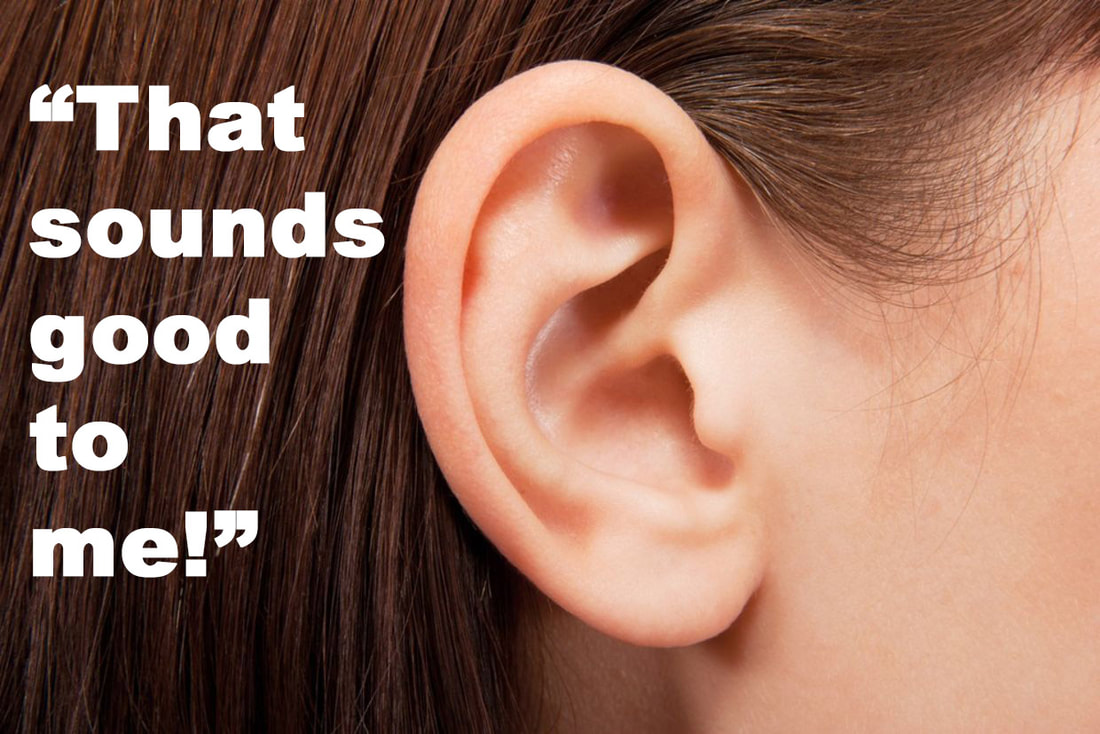

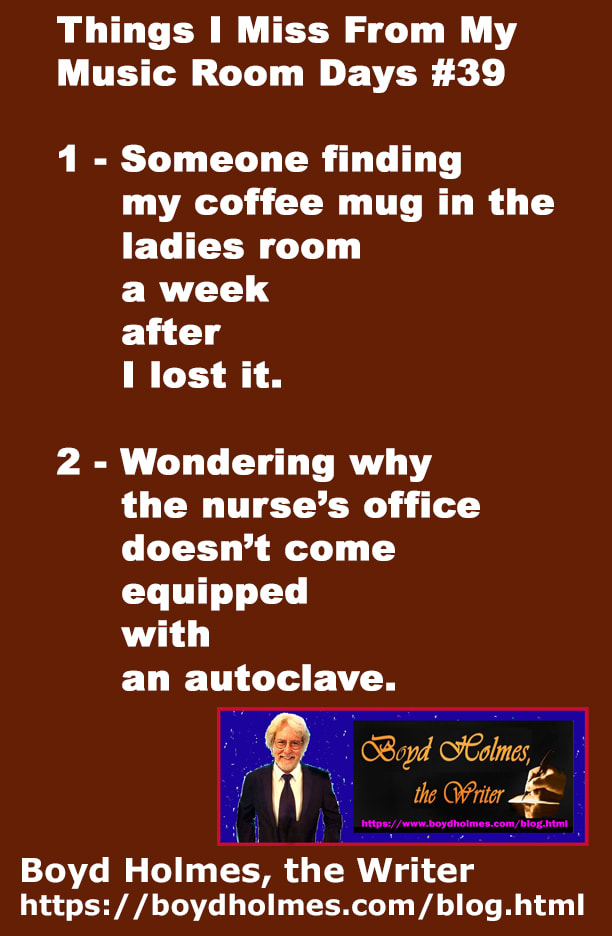

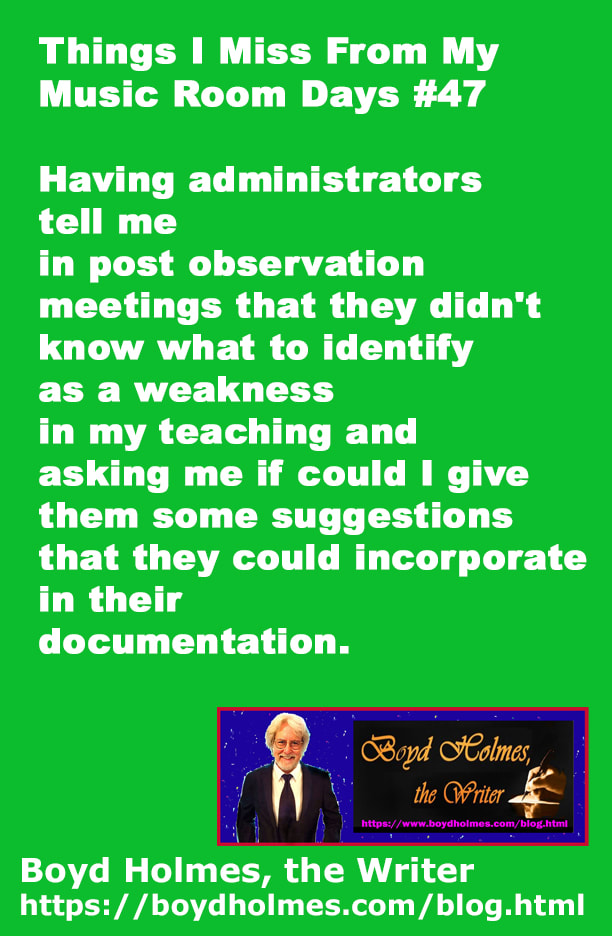
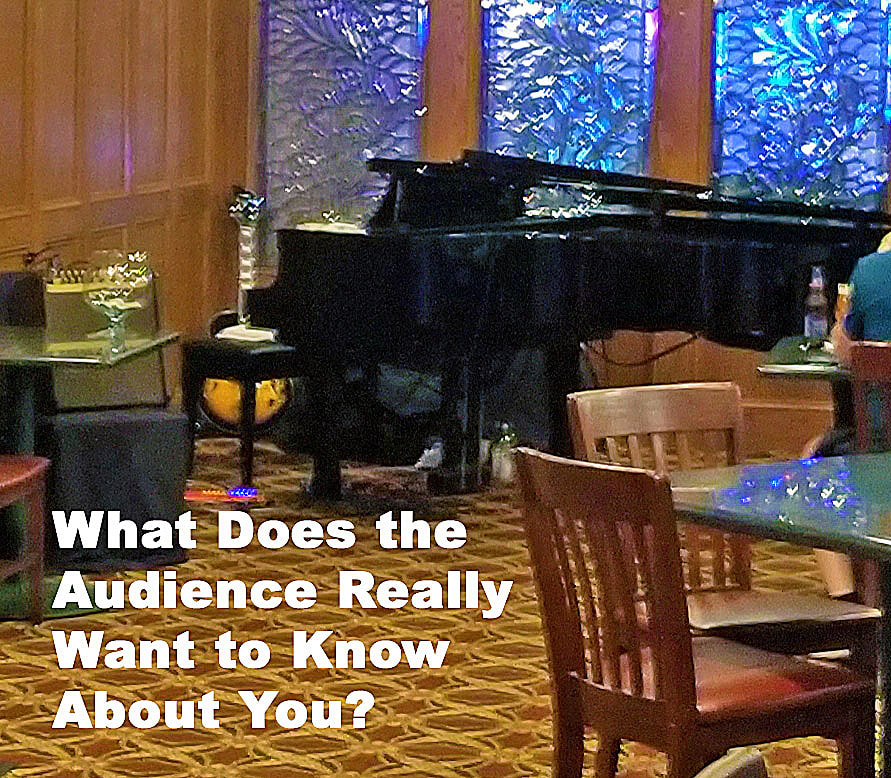
 RSS Feed
RSS Feed